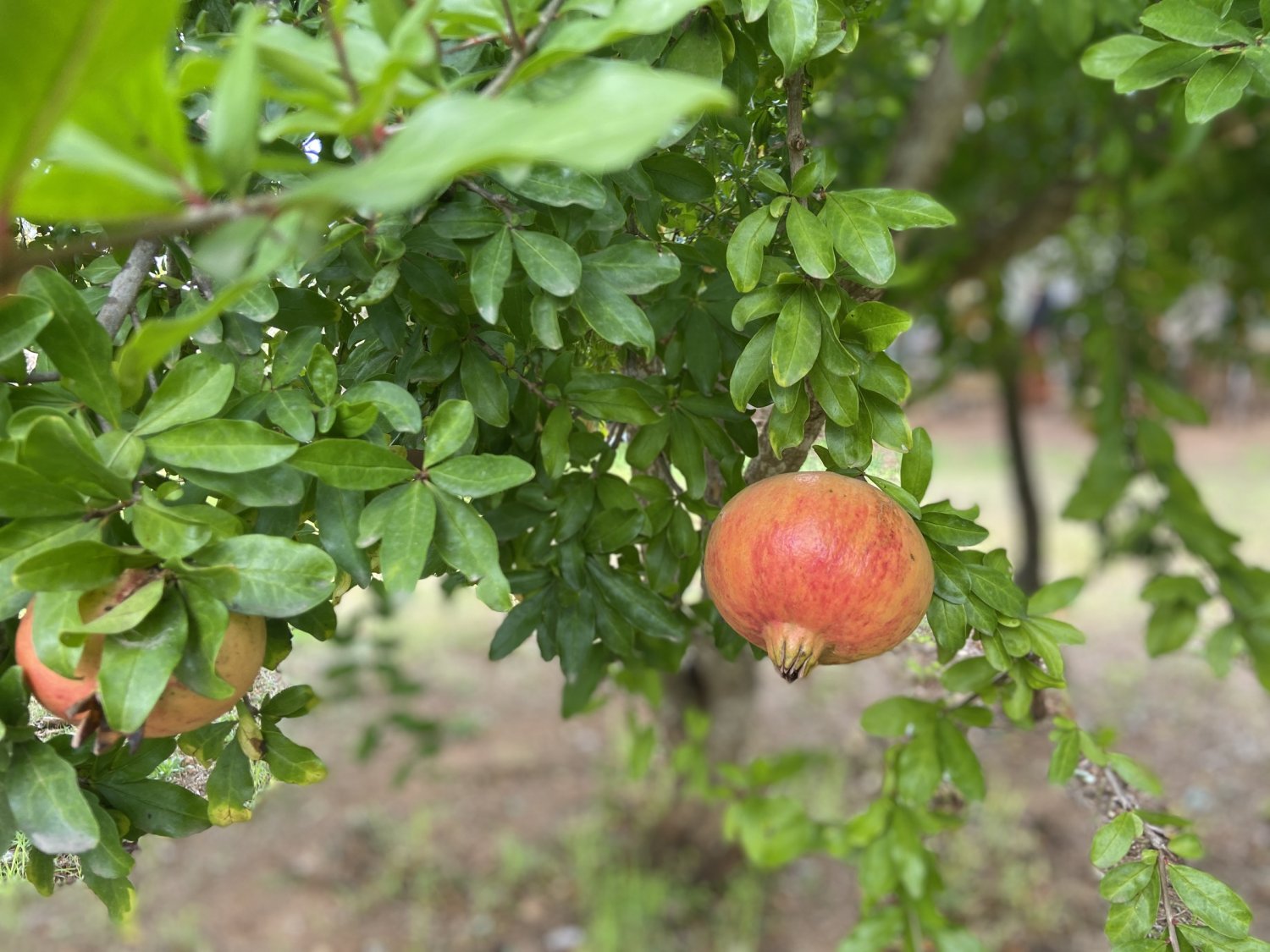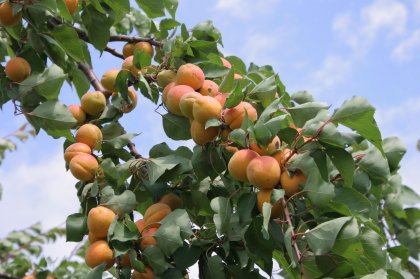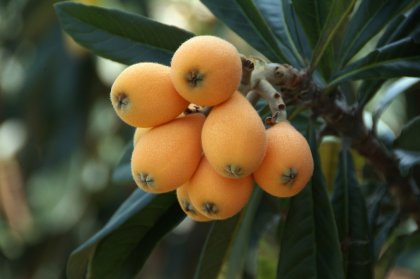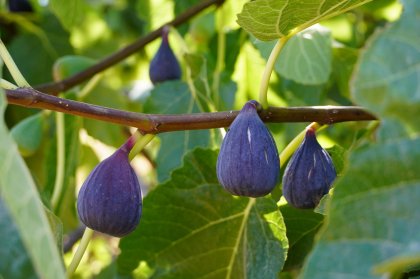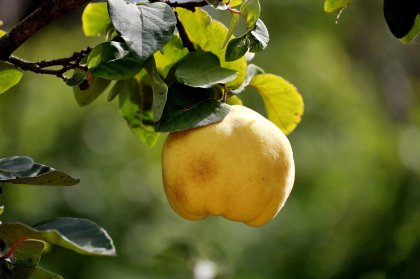October in Ibiza marks the arrival of pomegranates (granadas in Spanish). Long associated with fertility, abundance, rebirth and sensuality, the pomegranate is a fruit with a powerful legacy that has shaped myths, sacred texts, and cultural traditions across centuries.
It is said that the fruit - originally Persian - was brought by those early settlers who have contributed so much to the island - the Punic people from the city of Carthage, in what is now Tunisia.
Pomegranates thrive in Ibiza’s climate, ripening from late September through November. In local fincas, you’ll often spot trees heavy with fruit, their leathery skins splitting open to reveal glistening clusters of ruby-red seeds.
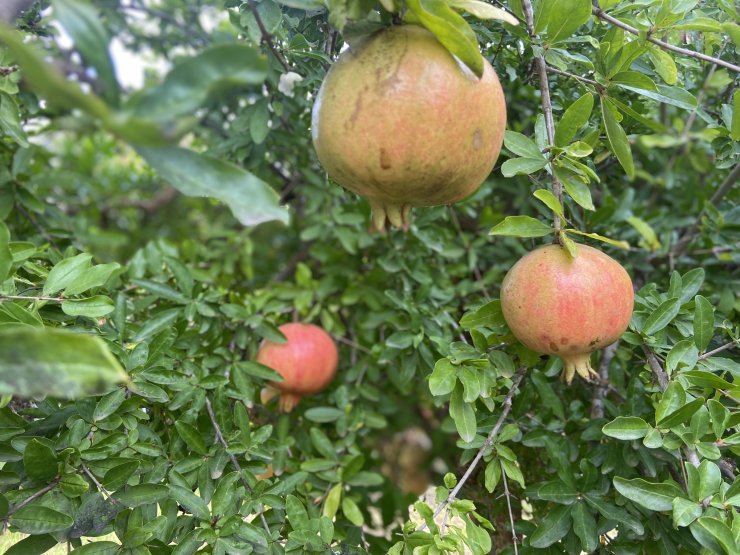
At markets across Ibiza, farmers sell them freshly picked, often still with a little leaf attached, a reminder of their orchard origins. Local shoppers even allege that the local ones contain more fruit and fewer pips than those from the mainland.
Rich in antioxidants, vitamins, and fibre, pomegranates are not only delicious but also highly valued for their health benefits. Traditionally, Ibicencos enjoy them simply: cut open and sprinkled with a touch of sugar or drizzled with orange juice.
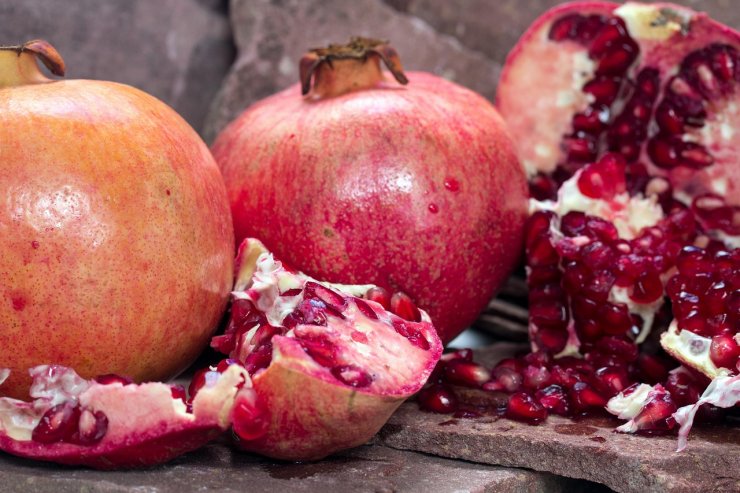
Increasingly, you can find them in the island’s restaurants, served up by chefs who incorporate them into modern Mediterranean cuisine, where their tangy sweetness brightens salads, pairs with grilled meats, or enhances desserts.
In Ibiza, enjoying a pomegranate in October is both a seasonal pleasure and a cultural connection. So this month, when passing a market stall or walking through the countryside, look out for these glowing orbs of red. More than just fruit, they are a taste of Ibiza’s autumn soul.
